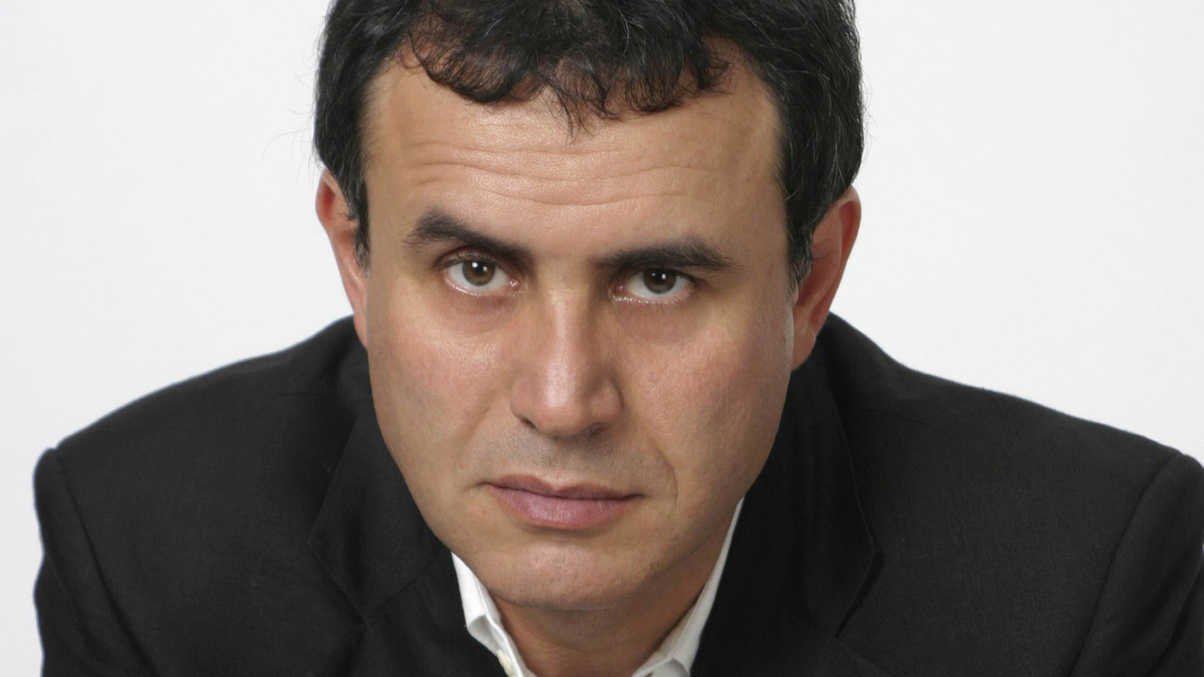Salt Las Vegas rolls out a buffet of contrasting offerings

Salt Las Vegas has kicked off and just like the colourful city – which has replicas of a pirate ship, Venetian canal, Statue of Liberty and Eiffel Tower, all within walking distance of each other – the hedge fund conference is a buffet of contrasting elements.
The poolside cabanas, which in previous years were the domain of crafty interlopers, now sport signs by Wells Fargo, State Street and other hedge fund service providers. Several suited delegates were seen stopping by for a visit, weaving through rows of deck chairs bedecked with scantily-clad sun worshippers of all shapes, sizes and ages.
The first day's proceedings had a wide variety of speakers, ranging from economist Nouriel Roubini, former Israeli prime minister Ehud Barak – who sat down for a cosy chat with US ex-secretary of defence Leon Panetta – and actor Al Pacino.
Roubini took part in the day's first panel on global macroeconomic forecasts, where Asia was portrayed as somewhat less dynamic than its unofficial moniker as the 'growth engine of the world'.
"People say emerging markets are growing robustly," says Roubini. "That's true." However he notes that China and India are now growing at slower rates than in recent years, with fellow Bric economies Brazil and Russia both turning in 3% annual growth.
"Emerging market equity markets … are underperforming," Roubini adds, pointing out that those in the US and Japan are comparatively more robust due to government monetary easing.
Fellow panelist Michael Novogratz, co-chief investment officer of Fortress Investment Group's Fortress Macro Fund and the Drawbridge Global Macro Fund, calls Japan "the most exciting place for a macroeconomic investor right now".
He reckons that 70-100% of macro fund returns are attributed to Japan-related trades, which has been the result of Japan's quantitative easing. While the measure generates inflation, it is a government-led measure that the local populace will accept "for the greater good".
Japan has a 250% ratio of debt to GDP with a "giant domestic savings pool", notes Novogratz, "so over some period of time [the government is] going to rob from Mr and Mrs Watanabe and pay off their debt".
The general acceptance of Japanese quantitative easing among local citizens is key to its success, says Novogratz, although confidence levels need to rise to a level that would help to drive credit growth. "I give it a 50% chance of succeeding."
US investors, however, are taking a cautious approach and are investing domestically, says Gregory Fleming, president of Morgan Stanley's wealth management and investment management divisions. While investors generally feel better about the macroeconomic environment, "the magnitude of where they feel better is concentrated in the US”.
"Japan might be changing this a little bit," says Fleming, "but the US is the place that investors are most comfortable with and most focused on."
After a long day of attending panel sessions and networking, delegates packed the room to see Barak and Panetta in a highly engaging face-to-face chat, the contents of which we unfortunately cannot report.
However, we can say that it was in turns humorous and thought-provoking. Also, if the pair were competing in a comedy night joke-off, Barak would edge out Panetta.
Surprisingly the crowd for the political pair outnumbered that for the next and last speaker of the day, Pacino.


